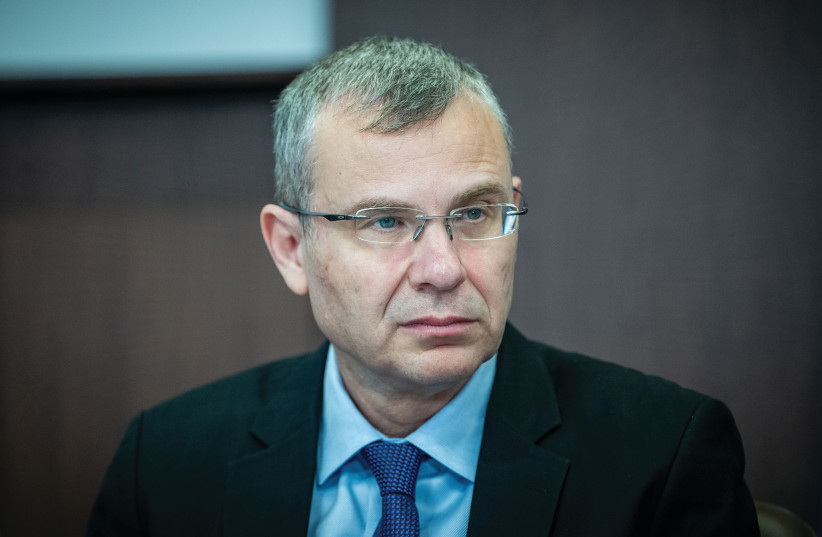The High Court of Justice hearing on the convening of the Judicial Selection Committee was postponed again on Thursday after Justice Minister Yariv Levin requested an extension on Wednesday for his submission of a response to the conditional order issued against him in the case.
The hearing, which was scheduled for Sunday, will now take place on November 12 to allow Levin time to submit his response. The hearing will see the Movement for Quality of Government (MQG) opposition leader Yair Lapid, and others, petition the court to order Levin to convene the committee which he has not done since he became justice minister in January.
Delay in response filing by Levin
Levin was supposed to file his response to the conditional order by Thursday but will now have until November 5, after he requested an extension on Wednesday on the basis that due to a large number of his ministry’s staff being called up to fight in the war with Hamas, they have not had time to formulate their response.
The petitioners were given the chance to respond to Levin’s request. MQG opposed giving him an extension, while Yesh Atid was in favor of giving him 21 days.

The hearing was supposed to take place earlier this month and was postponed until Sunday but will not be pushed off for another three weeks.
Levin has said that he will not convene the Judicial Selection Committee until the government passes the section of the judicial reform that changes the committee’s makeup. This could take many months because of the war Israel is waging. Even once that ends, the ultra-Orthodox parties have said that they will not support further legislation of the judicial reform until a Draft Law is passed to give them a legal exemption from military service.
With no expectation for when the Judicial Selection Committee will be reformed, the longer Levin waits to convene it, the more Israel faces a shortage in judges. Already, the High Court is down two justices after Anat Baron and former chief justice Esther Hayut retired in the last week. By the end of the year, Israel will be lacking more than 50 judges, risking a massive overload on the judicial system.
Meanwhile, the conditional order issued against the respondents transfers the burden of proof from the petitioners to the respondents, indicating that the court accepts that there is a basis to the petition.
